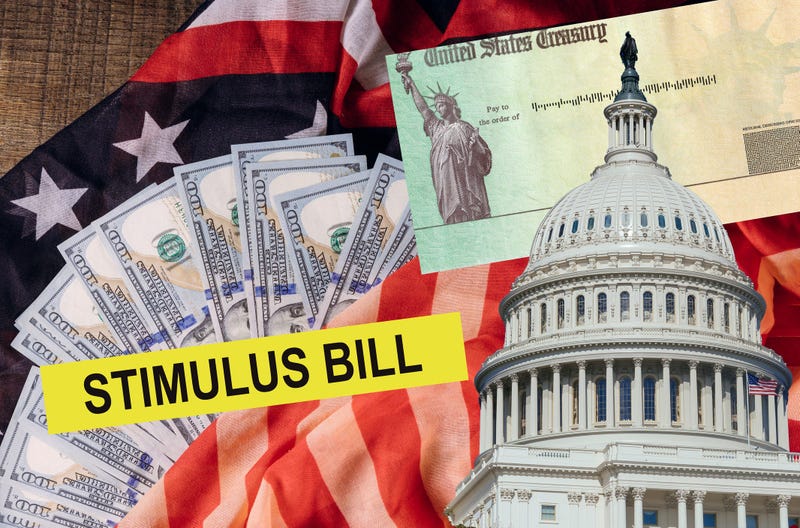
Buffalo, NY (WBEN) Communities all across the country are dealing with the financial hit of COVID19. Two town supervisors say they will need federal help in the next stimulus, but don't want to end up being a bargaining chip.
"We are facing a severe revenue gap caused by COVID19. All of our budgets have gone out the window," says Lancaster Supervisor Ronald Ruffino. He says he's received letters from State Comptroller Tom DiNapoli saying sales tax revenues could take a hit ranging from 10 to 80 percent.
"My feelings are we're going to be close to the 80 percent mark because we have been shut down eight to nine weeks now, and we won't be able to reopen for another couple of weeks. Even when we do reopen, this is going to be a last longing effect. Just because the doors are open doesn't mean people are going to flock to the stores. There are still going to be concerns over the pandemic and people won't be going out of fear," says Ruffino. Ruffino says sales tax revenue represents nearly $6 million, or 17.8 percent of the town's budget.
"We were initially making (budget cut) decisions because we were concerned about the spread and being part of the solution, but now we are making decisions based on the economic impact of COVID19 which is going to hurt all of Western New York," says Hosler. "We're canceling rec programs, 4th of July, Memorial day, we're losing park shelter rental revenues."
Hosler says her town is in a unique position, as it's still dealing with damage from last October's wind storm. "We're being challenged as far as getting reimbursment for those. When I look at that, we have sustained such damage from the October storm and our community is already faced with financial challenges because of the 25 percent offset of those damages, which are in the hundreds of thousands, and now you add COVID19 on top of that," says Hosler.
Hosler has one major concern. "By aiming very high, there are going to be a lot more arguments to get it down where it needs to be, and I have this concern for local, county, and state governments, we do not want to be that bargaining chip," says Hosler. "We don't want to be in the middle of the argument between Democrats and Republicans. This is not a political issue, this is a people issue, it gets down to the very root of each community, and it impacts each community."
Neither Hosler nor Ruffino have a number estimate because they're not sure about the lingering effects. "It would be nice to get something to start with," adds Ruffino.
Politically, they've been getting a little help staying in the loop.
